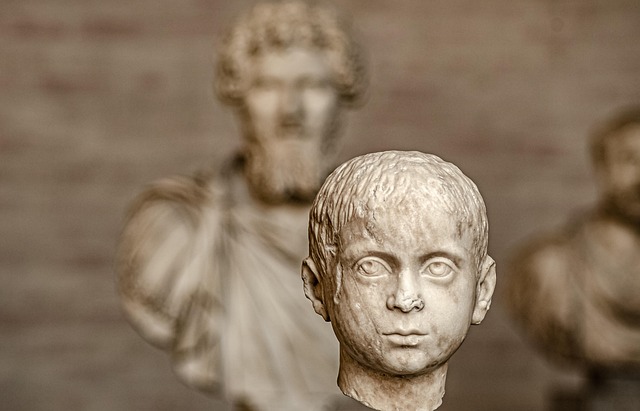In our quest for understanding ourselves, self-knowledge emerges as a fundamental objective. This necessity transcends individual growth and connects profoundly with the human experience. At the intersection of science and modern philosophy, we find rich perspectives that illuminate our path toward deeper self-awareness. Both fields offer frameworks to explore the essence of who we are, challenging us to reflect on our beliefs, emotions, and motivations.
Science, with its emphasis on empirical evidence and rational thought, provides tools for understanding the complexities of our minds. Neuroscience has made significant strides in revealing how our brains function, showing us that our thoughts and emotions are not merely abstract concepts but are rooted in intricate biological processes. By studying these neurobiological mechanisms, we can uncover patterns that shape our behavior and decision-making, shedding light on the factors influencing our self-perception.
Meanwhile, modern philosophy invites us to question the nature of existence and the foundation of self-knowledge. Thinkers like Søren Kierkegaard and Jean-Paul Sartre emphasize the importance of subjective experience and the inherent freedom that comes with self-exploration. They challenge us to confront what it means to truly know ourselves—not just through external validation or societal standards, but through authentic introspection. This philosophical approach resonates deeply, as it urges us to embrace our unique experiences as a crucial part of our identity.
Integrating scientific insights with philosophical inquiries allows us to form a more comprehensive understanding of self-knowledge. For instance, by studying cognitive biases and emotional responses, we become aware of the psychological barriers that may distort our self-image. This realization can be a catalyst for personal transformation, prompting us to reconsider not only how we view ourselves but also how we engage with the world around us.
The dialogue between science and modern philosophy challenges us to cultivate a holistic understanding of self. Are we merely products of our biology, or do we possess the autonomy to shape our identities through choice and reflection? In navigating this intersection, we recognize that self-knowledge is both an art and a science, requiring us to synthesize objective findings with subjective experience.
Moreover, the quest for self-knowledge is intimately linked to existential questions that resonate within us all. As we grapple with the uncertainties of life, we seek to establish a sense of meaning and purpose. The interplay of science and modern philosophy offers pathways to explore these existential dilemmas, encouraging us to find answers in both reason and meaning.
Ultimately, unlocking self-knowledge is a journey—one that invites us to blend the insights of science with the contemplative inquiries of philosophy. As we step into this complex interplay, we find ourselves more equipped to navigate the challenges of existence and embrace the multifaceted nature of our being. By fostering this deeper understanding, we not only enhance our lives but also contribute to the broader tapestry of human experience.




